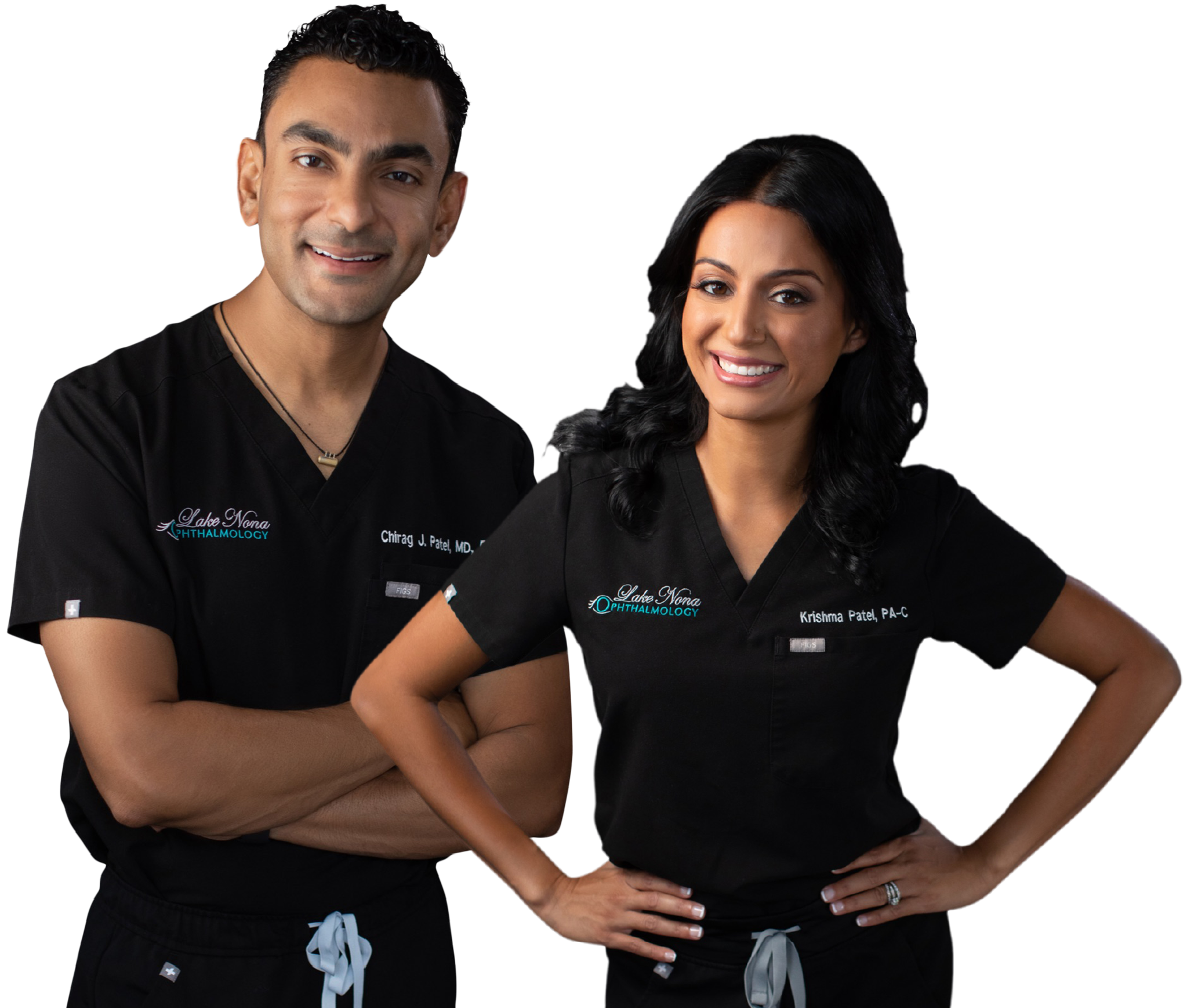Age-Related Macular Degeneration
Age-Related Macular Degeneration (AMD) is a common eye condition among people age 50 and older. There are two forms of AMD – dry and wet. It is a leading cause of vision loss in older adults. It gradually destroys the macula, the part of the eye that provides sharp, central vision needed for seeing objects clearly.
Age-Related Macular Degeneration Fast Facts
- AMD is a leading cause of vision loss in people over 60.
- All cases begin as the dry form, but 10 percent to 15 percent progress to the wet form, which can result in sudden and severe central vision loss.
- Wet AMD accounts for approximately 90 percent of all AMD-related blindness.
Age-Related Macular Degeneration
Age-Related Macular Degeneration (AMD) is a common eye condition among people age 50 and older. There are two forms of AMD – dry and wet. It is a leading cause of vision loss in older adults. It gradually destroys the macula, the part of the eye that provides sharp, central vision needed for seeing objects clearly.
Age-Related Macular Degeneration Fast Facts
- AMD is a leading cause of vision loss in people over 60.
- All cases begin as the dry form, but 10 percent to 15 percent progress to the wet form, which can result in sudden and severe central vision loss.
- Wet AMD accounts for approximately 90 percent of all AMD-related blindness.
Who Is at Risk for Age-Related Macular Degeneration?
In some people, AMD advances so slowly that vision loss does not occur for a long time. In others, the disorder progresses faster and may lead to a loss of vision in one or both eyes. Despite the limited vision, AMD does not cause complete blindness. You will be able to see using your side (peripheral) vision. Some ask risk would include:
- People age 50 and older.
- Smoking increases the risk of AMD two-fold.
- Caucasians have a higher risk of getting AMD than those of African descent.
- People with a family history of AMD.
Age-Related Macular Degeneration Treatment Options
With early diagnosis and proper treatment, you can delay the progression of AMD. The earlier it is detected, the better your chances of keeping your vision. Wet AMD typically results in severe vision loss. However, eye care professionals can try different therapies to stop further vision loss. Even with treatment, the condition may progress.
- Injections. One option to slow the progression of wet AMD is to inject drugs into your eye. With wet AMD, abnormally high levels of vascular endothelial growth factor (VEGF) are secreted in your eyes. This substance promotes the growth of new abnormal blood vessels. The anti-VEGF injection therapy blocks its effects. If you get this treatment, you may need multiple injections. Your eye care professional may give them monthly. Before each injection, your eye care professional will numb your eye and clean it with antiseptics. To prevent the risk of infection, a doctor may prescribe antibiotic drops.
- Photodynamic therapy. This technique involves laser treatment of select areas of the retina. First, a drug called verteporfin will be injected into a vein in your arm. The drug travels through the blood vessels in your body, including any new, abnormal blood vessels in your eye. Your eye care professional then shines a laser beam into your eye to activate the drug in the blood vessels. Once activated, the drug destroys the new blood vessels and slows the rate of vision loss. This procedure takes about 20 minutes.
- Laser surgery. Eye care professionals sometimes treat certain cases of wet AMD with laser surgery, though this is less common than other treatments. This treatment is performed in a doctor’s office or eye clinic. It involves aiming an intense beam of light at the new blood vessels in your eyes to destroy them. However, laser treatment also may destroy some surrounding healthy tissue and cause more blurred vision.
Source: National Eye Institute.



